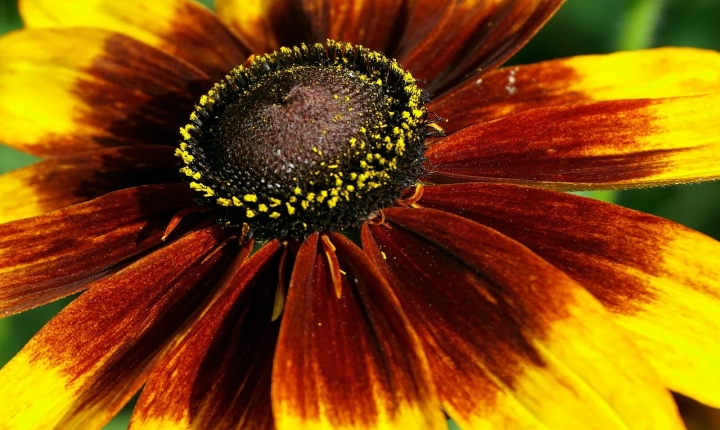Can AI Replace Animators?
The world of animation has long been a bastion of creativity and imagination, with skilled animators bringing stories and characters to life through their painstaking artistry. However, the rise of artificial intelligence (AI) has raised the question of whether computers could potentially replace human animators in the future.
AI has already made significant inroads into various industries, automating repetitive tasks and streamlining processes. In the field of animation, AI-powered tools and software are already being used to speed up the production process and assist animators in various tasks, such as generating crowd scenes, facial animations, and even predicting movement patterns. These tools have proven to be valuable assets, allowing animators to focus more on creativity while leaving some of the technical heavy lifting to the machines.
One of the concerns raised by animators is the fear that AI could eventually replace their jobs altogether. The idea that a computer could replicate the artistic intuition and emotional depth that human animators bring to their work seems unsettling to many in the industry. After all, animation is not just about moving images; it’s about conveying emotions, storytelling, and creating compelling characters that resonate with audiences.
However, it’s important to consider the limitations of AI in its current state. While AI is proficient at repetitive, rule-based tasks and can even learn from existing data, it still lacks the innate creativity, intuition, and emotional intelligence that human animators possess. The ability to think critically, make creative decisions, and bring a unique perspective to their work is something that AI cannot replicate at this time.
Moreover, the idea of AI replacing human animators raises ethical and artistic concerns. Would audiences connect with animations that are entirely AI-generated, lacking the human touch and emotional depth? Would the industry lose its artistic integrity and individuality if AI became the primary creator of animated content?
Instead of fearing AI as a replacement, animators can embrace it as a tool to enhance and complement their work. AI can be harnessed to automate repetitive tasks, generate complex animations, and assist in the production process, allowing animators to focus on more creative aspects of their craft. This collaboration between human creativity and machine efficiency could lead to exciting new possibilities in animation, pushing the boundaries of what can be achieved.
In conclusion, while AI has undoubtedly brought advancements to the animation industry, the idea of it fully replacing human animators seems unlikely in the foreseeable future. The human aspects of creativity, emotional intelligence, and storytelling are fundamental to the art of animation, and these capabilities are unique to human animators. Rather than posing a threat, AI can be seen as a valuable ally that empowers animators to elevate their work to new heights. The future undoubtedly holds exciting opportunities for the marriage of human ingenuity with AI technology in the world of animation.
